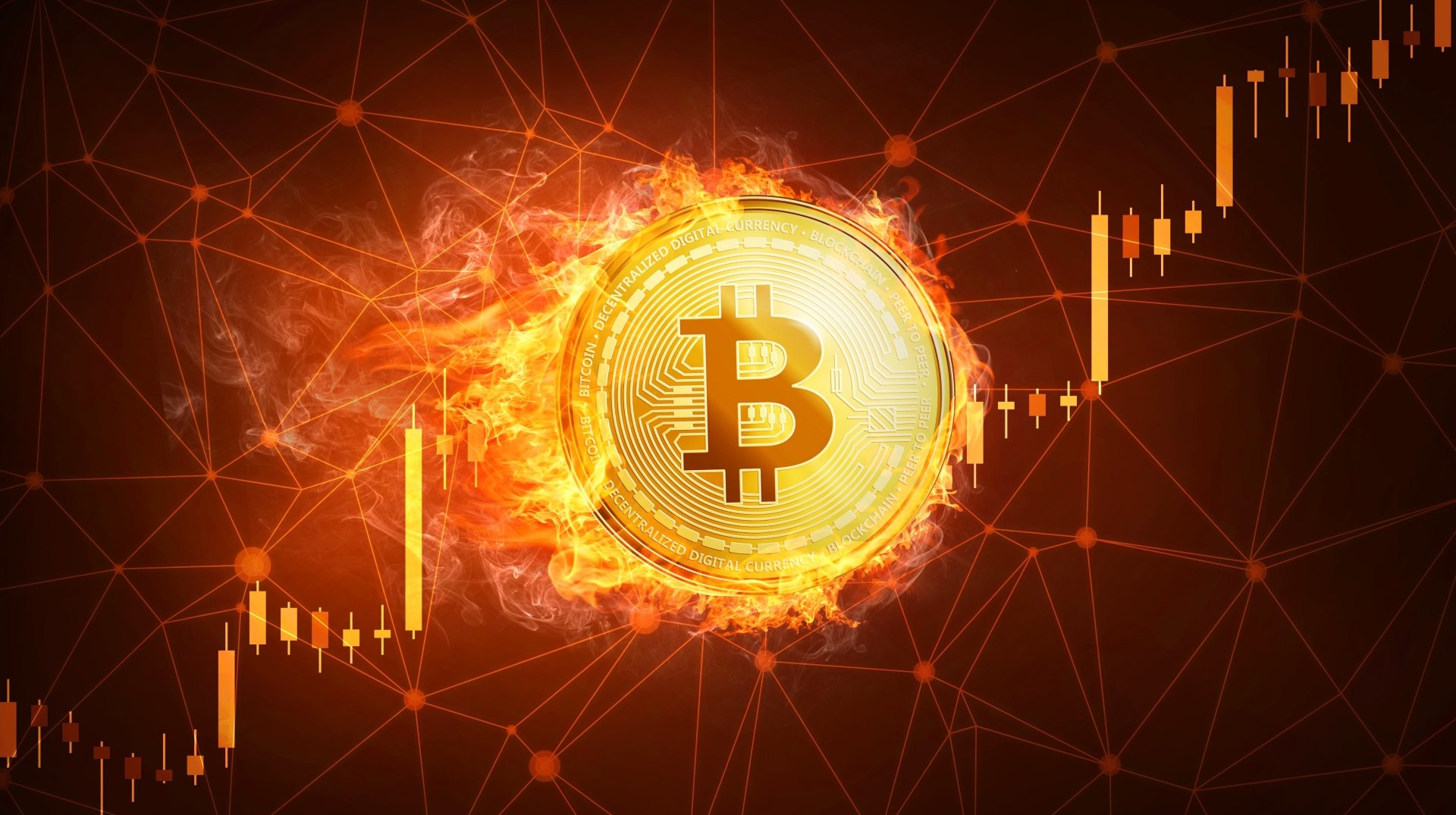Bitcoin mining has evolved into one of the most fascinating industries in the digital age. It’s not just about earning cryptocurrency but also about contributing to the security and functionality of the Bitcoin blockchain. Here’s an insightful look into what Bitcoin mining is, how it works, and its role in the cryptocurrency ecosystem.
What is Bitcoin Mining?
Bitcoin mining is the process of verifying and adding transactions to the blockchain, a public ledger of all Bitcoin transactions. This process involves solving complex mathematical puzzles to ensure the integrity and security of the network. Successful miners are rewarded with newly minted Bitcoin, which incentivizes their participation.
How Does Bitcoin Mining Work?
Bitcoin operates on a Proof-of-Work (PoW) consensus mechanism. Here’s how mining works step-by-step:
- Transaction Pool: All Bitcoin transactions are grouped into a pool, awaiting verification.
- Hash Puzzle: Miners compete to solve a cryptographic puzzle by guessing a specific number (nonce). The goal is to find a hash that meets certain criteria.
- Verification: Once a miner solves the puzzle, the block is verified by other miners in the network.
- Block Addition: The verified block is added to the blockchain, creating an immutable record.
- Reward: The miner receives a block reward and transaction fees for their efforts.
Equipment Used in Mining
Bitcoin mining has grown from CPU-based to more specialized hardware like GPUs and ASICs (Application-Specific Integrated Circuits). For example, the Bitcoin Miner S19k Pro, with a hash rate of 120H/s, is among the top-tier choices for serious miners. It delivers high efficiency and performance, making it ideal for industrial-scale mining operations.
The Economics of Bitcoin Mining
Mining profitability depends on several factors, including:
- Electricity Costs: Mining is energy-intensive; hence, electricity costs play a significant role in determining profits.
- Hash Rate: A higher hash rate increases the likelihood of solving the puzzle and earning rewards.
- Bitcoin Price: Fluctuations in Bitcoin's market price can directly affect mining profitability.
- Network Difficulty: As more miners join the network, the difficulty of puzzles increases, impacting earnings.
Challenges in Bitcoin Mining
- Energy Consumption: Mining consumes substantial electricity, raising concerns about environmental sustainability.
- Competition: With more advanced mining rigs entering the market, the competition is fiercer than ever.
- Regulations: Governments worldwide are imposing stricter regulations, affecting mining operations.
Future of Bitcoin Mining
As Bitcoin continues to grow, mining technology is expected to advance further. Innovations in renewable energy could make mining more sustainable. Additionally, with Bitcoin’s fixed supply cap of 21 million coins, miners might rely more on transaction fees in the long term.
Conclusion
Bitcoin mining is at the heart of the cryptocurrency ecosystem, driving decentralization and securing the network. While it presents challenges, it remains a lucrative venture for those equipped with the right resources and knowledge. Whether you're a beginner exploring the field or a professional with advanced equipment like the S19k Pro, the world of Bitcoin mining offers endless opportunities.

